Published by:

F-2/16, Ansari Road, Daryaganj, New Delhi-110002
 011-23240026, 011-23240027 Fax: 011-23240028
011-23240026, 011-23240027 Fax: 011-23240028
Email:
Regional Office : Hydrabad
5-1-707/1, Brij Bhawan (Beside Central Bank of India Lane)
Bank Street, Koti, Hyderabad - 500 095
 040-24737290
040-24737290
Email:
Branch Office : Mumbai
Jaywant Industrial Estate, 1st Floor - 108, Tardeo Road
Opposite Sobo Central Mall, Mumbai - 400 034
 022-23510736
022-23510736
Email:
Follow us on: 



Copyright:
ISBN 978-935-05730-7-5
DISCLAIMER
While every attempt has been made to provide accurate and timely information in this book, neither the author nor the publisher assumes any responsibility for errors, unintended omissions or commissions detected therein. The author and publisher make no representation or warranty with respect to the comprehensiveness or completeness of the contents provided.
All matters included have been simplified under professional guidance for general information only without any warranty for applicability on an individual. Any mention of an organization or a website in the book by way of citation or as a source of additional information doesn't imply the endorsement of the content either by the author or the publisher. It is possible that websites cited may have changed or removed between the time of editing and publishing the book.
Results from using the expert opinion in this book will be totally dependent on individual circumstances and factors beyond the control of the author and the publisher.
It makes sense to elicit advice from well informed sources before implementing the ideas given in the book. The reader assumes full responsibility for the consequences arising out from reading this book. For proper guidance, it is advisable to read the book under the watchful eyes of parents/guardian. The purchaser of this book assumes all responsibility for the use of given materials and information. The copyright of the entire content of this book rests with the author/publisher. Any infringement/ transmission of the cover design, text or illustrations, in any form, by any means, by any entity will invite legal action and be responsible for consequences thereon.
Contents
C HAPTER 1
The Nature of Happiness
C HAPTER 2
Understanding the Causes of Unhappiness
C HAPTER 3
Fear
C HAPTER 4
Anger and Hostility
C HAPTER 5
Stress
C HAPTER 6
Worry
C HAPTER 7
Feelings of Guilt and Self-doubt
C HAPTER 8
Resentment and Hatred
C HAPTER 9
Approval of Others and the Pursuit of Perfection
C HAPTER 10
Happiness as a Goal
C HAPTER 11
Work and Zest for Life
C HAPTER 12
Love and Affection
C HAPTER 13
Leave the Comfort Zone and Drop Your Robot Mentality
C HAPTER 14
A Positive and Optimistic Outlook
C HAPTER 15
Drop the Past and Enjoy the Present
C HAPTER 16
Relinquish Attachments
C HAPTER 17
The Pleasure of Reading and Writing that Heals
C HAPTER 18
The Role of Mental Discipline in Desire and Contentment
C HAPTER 19
Health for Happiness
C HAPTER 20
The Spiritual Approach to Happiness
C HAPTER 21
Conclusion: The Wisdom of Happiness
Introduction
Ask any common man what he wants from life and most probably he will say that all he wants is to be happy. And we believe him, as most people want to be happy. They try their best to make themselves happy. They attend lectures, buy books and change their lifestyles in their efforts to find happiness. But do they succeed?
It appears that the majority of people most of the times do not feel happy. This is not the case of only those who do not get what they want in life. It is the same story with people who get what they want!
People with money and power know something that you and I do not know. Money and power do not satisfy the unknown hunger in them. We keep thinking that if we have what they had, we would be happy. Yet we never seem to reach the point where we are relaxed and feel we have arrived. Why should people with so many reasons to be happy still be unhappy? Why are so many people dissatisfied in so many ways? Everyone reaches desperately for happiness but it does not seem to come any closer. Are we expecting too much in life?
You know that a happy life consists of various elements. To enjoy life we need enough to eat and suitable clothing. We need a home for protection and rest. But these are just the basics. Pleasant companionship and good health are equally important.
But even those who have a measure of these things may still long for true happiness. The type of work a person does, or the conditions under which he works, may rob him of contentment. Or there may be conflict between husband and wife or between parents and children. Nor can we ignore the fact that the possibility of sickness or sudden death looms large over all of us. Do you believe that it is possible to cope with these and other problems in such a way that we can find true satisfaction? There is reason to believe so.
Happiness is possible despite all our problems. Happiness is not just an elusive fantasy that occurs only in the movies. Researchers are discovering that we can learn to be more joyful and optimistic. While studying the strong points of individuals (as against weak points such as anger, guilt, fear, sadness), it has been found that happiness not only brings a pleasant feeling, it also has health benefits. It actually protects us against stress and helps us to live a more healthy life. Positive, optimistic and happy people live longer, some long enough to celebrate their centenaries.
How do we attain this elusive emotion? What does it take to be happy? Happiness is not something that can be felt or experienced at a given moment. It is, in essence, the quality of a whole life. Aristotle said that the man who had no need left to be fulfilled was happy.
But what happens when greed overtakes the sense of need. The thin borderline between need and greed tends to get blurred as the acquisitive instinct takes over and becomes the prime mover of human conduct and, eventually, a major source of misery. Plato, therefore, defined happiness in terms of harmony within the soul and equated it with the spiritual well-being of man.



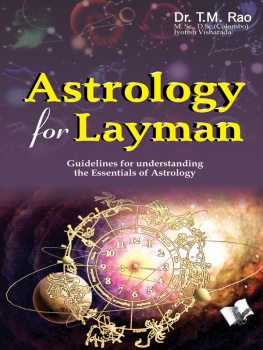
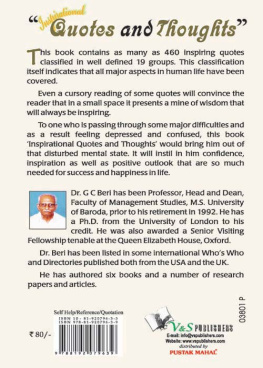
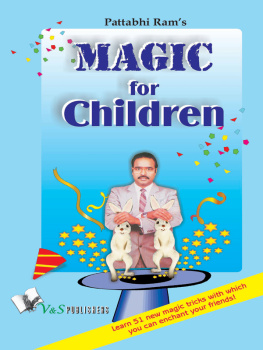
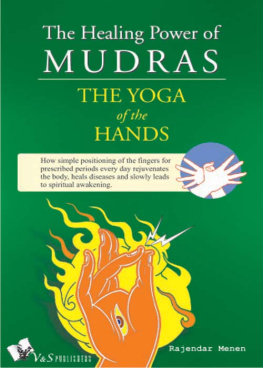

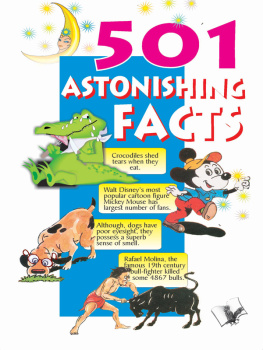

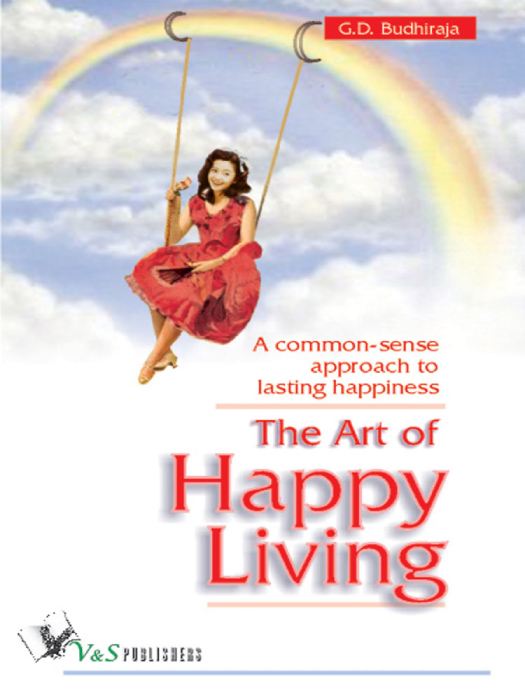
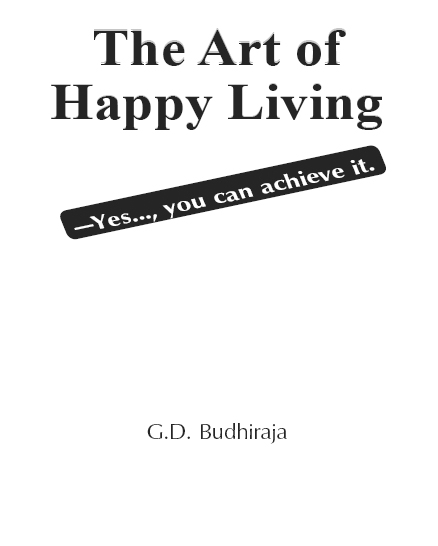

 011-23240026, 011-23240027 Fax: 011-23240028
011-23240026, 011-23240027 Fax: 011-23240028



